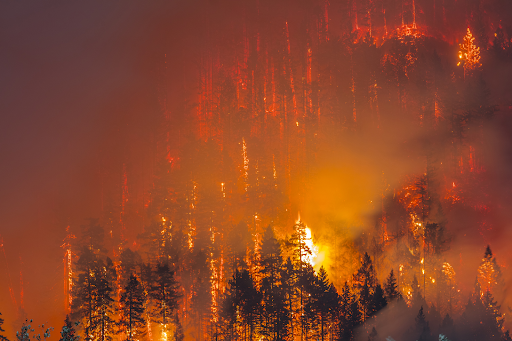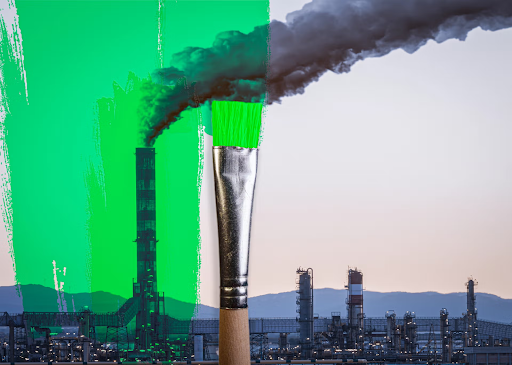
Climate Justice and Sociological Issues
Climate justice is about acknowledging that those who contribute the least to climate change are often the ones who face the worst consequences. Low income communities and groups that are already susceptible to human rights abuses are experiencing rising sea levels, extreme weather, and displacement, while wealthier nations and groups are responsible for most of the environmental damage. The major sociological issues here are inequality, power imbalances, and access to resources. Low income groups tend to live in polluted areas and lack the resources needed to help with climate challenges. After experiencing wildfires in California in 2020, sociologists questioned whether their research should focus on environmental sociology, but then realized that climate change affects all areas of social life and should be central to sociologists work.
Who the Climate Crisis affects
Communities and countries who have barely affected climate change overall are the ones who are experiencing the backlash from the developed countries who are responsible for 85% of global emissions. While the effects from climate change are barely felt by those who are responsible, workers in agriculture having the worst of it, hotter days, reduced air quality, and more pests. Even then it is disproportionate, as most “hired crop farmworkers are foreign-born people from Mexico and Central America” EPA.
Asia is currently brunting the impact of climate change, in 2023 the annual mean surface temperature has risen the second most 0.91 C above the average from 1991-2020. India has reported many casualties directly related to the increase of temperature, 110 fatalities from heatstroke in April and May 2023. Alongside this, 17 tropical cyclones formed in the North Pacific Ocean, and North China Sea leading to deaths and destruction of infrastructure and industries8. This impact is unfair, Asia has barely contributed to the total of CO2 emitted but they are experiencing the impacts towards their people, industries, and means of living.
Greenwashing
Greenwashing, despite being increasingly called out, remains increasingly prevalent in the modern-day marketing landscape. Companies/brands/organizations will claim certain actions, policies, or promises to be of significant positive outcomes for the environment. In reality, truly ‘greenwashed’ claims are a facade which are employed with varying intentions.
Conflict Theory at the center
Climate Justice deals heavily with power and competition for scarce resources. Not only do the middle and lower classes experience the brunt of the consequences (both of climate change itself as well as current climate change reforms), but the elite upper class actually turns a profit all the while. These fundamental aspects evidently reflect the framework of Conflict Theory in the real world.

